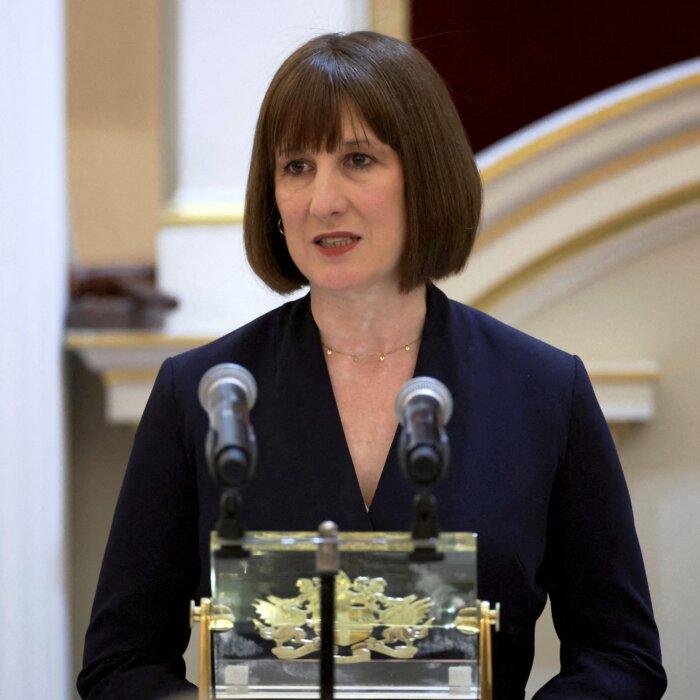Business confidence has fallen to an almost two-year low as companies expect to face falling orders, lower customer confidence, and rising costs, according to accounting and advisory firm BDO.
“This month’s decline in confidence is likely to reflect businesses’ immediate reaction to announcements in the Autumn Budget,” the BDO report said.
The accounting firm said that optimism fell across services and manufacturing—two of the UK’s major business sectors—and described it as the biggest month-on-month drop the index has seen since August 2021.
Services and Manufacturing Optimism
The Services Output Index fell by 3.37 points to 95.03, which BDO said reflected “reduced customer confidence, declining staff numbers and rising input costs.”Manufacturing declined to 91.74 on the Manufacturing Output Index “amid weakening domestic and overseas demand,” the accounting firm said.
Kaley Crossthwaite, partner at BDO, said, “December marks the end of a tough couple of years for businesses and the drop in business confidence this month is not a surprise given the significant challenges they continue to face.”
Fall in Demand for Staff
Also on Monday, the Recruitment and Employment Confederation’s (REC) survey of 400 recruitment agencies found a “steep reduction” in permanent staff places, influenced by Budget’s planned higher payroll expenses.The number of permanent placements declined at its steepest rate since August 2023, the REC survey said, noting, “Many respondents signalled that the government Budget in late October had led to uncertainty and the reassessment of staffing needs by clients.”
Agencies also noticed a sharp increase in staff availability last month “amid reports of a growing number of redundancies.”
Jon Holt, group chief executive of KPMG, which helped REC compile the report, said: “Businesses are having to weigh up the prospect of increasing employee costs following the Budget, which has led to an accelerated slowdown in hiring activity across the board.
“While the data was already heading in that direction, permanent placements saw their steepest reductions in over a year last month, and temporary roles also saw a fifth consecutive decline.”
Holt said this slowdown, along with a growing number of candidates in the job market, “could put more downward pressure on wage inflation, which remained largely unchanged on last month’s 44-month low.”

REC Chief Executive Neil Carberry added it “should be a surprise to no-one that firms took the time to re-assess their hiring needs in November after a tough Budget for employers.”
Carberry said that firms are likely to rely more on temporary staff while they manage the current uncertainty, “and that only serves to emphasise again the value of flexible forms of work to companies and people who need to find work quickly after redundancy.”







